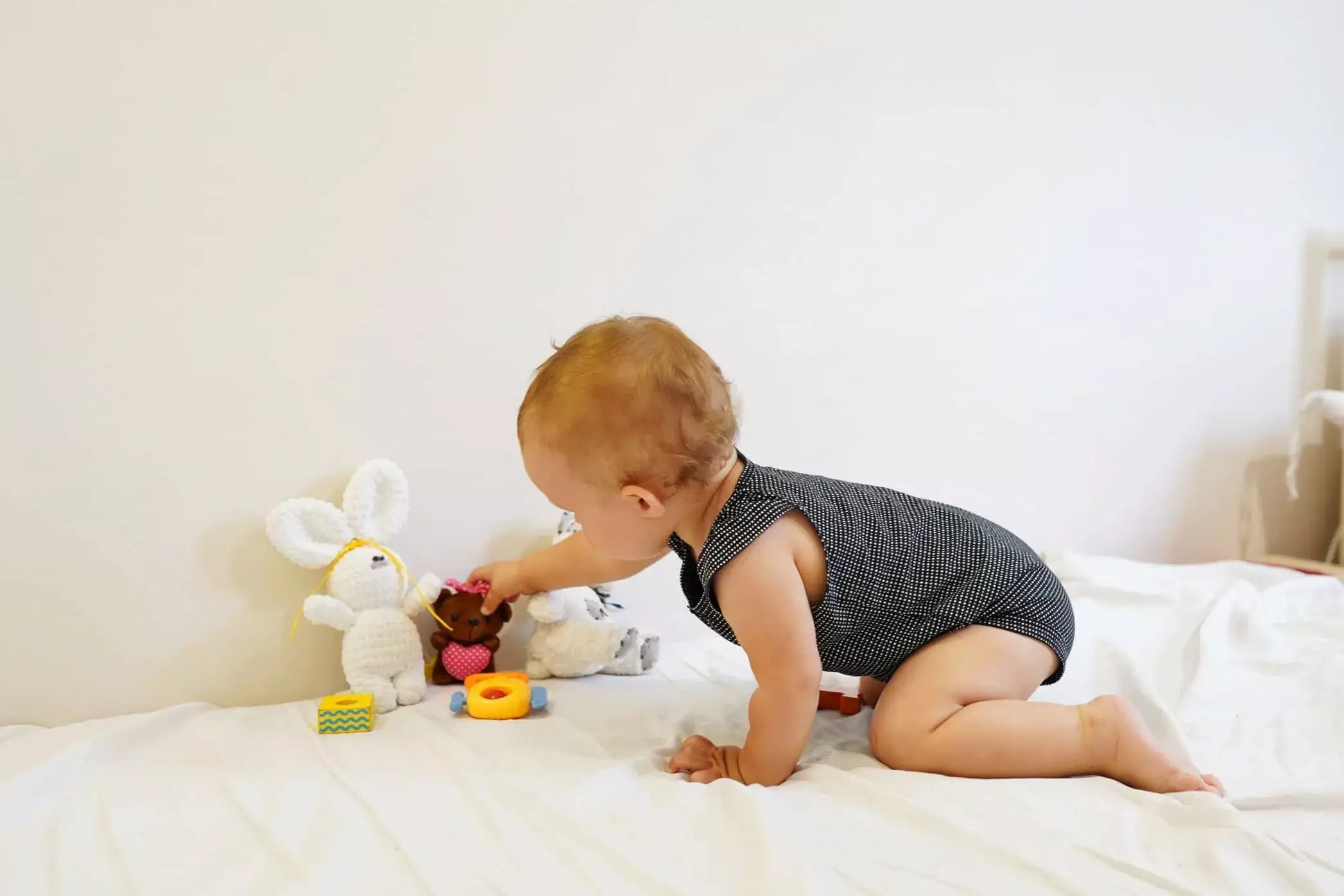As we navigate through long days at home, the challenge of keeping our little ones engaged and stimulated can become overwhelming. Finding the right activities that promote learning and development without resorting to an endless array of toys is essential for both parents and babies. Fortunately, the Montessori method provides a wealth of inspiration for nurturing curious minds. This article explores six Montessori-inspired activities designed to foster your baby’s growth and development from birth onward.
Introducing books to your baby is a fundamental activity that lays the groundwork for language acquisition and emotional bonding. It is recommended to start with simple board books that showcase realistic images and minimal text. As your baby grows, transition to more complex narratives and colorful pictures to sustain their interest. Departments of education often stress the importance of making reading a daily ritual, as it not only enhances cognitive development but also instills a sense of security and comfort. Parents can turn reading into a special bedtime routine or a cozy afternoon activity, allowing for deeper attachment and connection. Stories become avenues for imagination and fantasy—a crucial part of childhood development. Additionally, this practice encourages shared moments between partners and creates a family culture of literacy from the very beginning.
Tummy time serves as a vital activity for strengthening a baby’s muscles and enhancing coordination skills. One innovative way to make tummy time more engaging is through sensory experiences. For example, a simple Ziploc bag filled with paint or colored water can tantalize your baby’s senses. By securely sealing the bag and attaching it to the floor, babies can explore textures and colors by pressing on the bag. This captivating experience cultivates curiosity and invites them to explore the interplay between touch and sound. Sensory play is invaluable because it allows babies to learn about their environment through exploration—essential in the early stages of development. This form of engagement can keep your little one entertained for long stretches, fostering their natural desire to explore.
As babies reach six months, they begin to exhibit social responsiveness, making it an ideal time to introduce interactive games. One effective method to engage your baby is through clapping games. Using a simple chant like “Clap and clap and clap and STOP!” not only prompts physical activity but also introduces the concept of following instructions. This timing game encourages their understanding of rhythm and sequencing, skills that are essential as they approach toddlerhood. The moments of pause allow your baby to absorb the rhythm while preparing them for the next cue. Over time, you may notice your child eagerly anticipating the clapping and stopping, showcasing their developing ability to participate in cooperative play.
For babies who are comfortable sitting unsupported, wall-based play can be a wonderful way to promote gross motor skills. By placing favorite small toys at a height just above their reach, you’re inviting them to stretch and grasp, which not only builds their coordination but also develops their core strength. This leveled-play approach challenges their sense of balance as they learn to navigate reaching upward. The interest in the colorful items placed there encourages exploration, allowing them to learn through touch and movement.
As your baby develops the ability to pull themselves up, the next step is to encourage cruising. Positioning toys along the couch can motivate them to move from one to the next, enhancing their gross motor skills while satisfying their curiosity. Each little success bolsters their confidence in standing and eventually walking. Use this opportunity to strengthen their recognition of family by hanging up pictures along their cruising path, connecting them emotionally with their surroundings. This multi-faceted approach supports both their physical growth and emotional development.
Finally, treasure hunts can serve as an entertaining way for babies to explore their environment while refining their fine motor skills. Gather a selection of safe containers that are easy to manipulate—such as plastic food containers or boxes—and encourage your baby to explore and interact with these items. Opening, closing, and dumping out the contents stimulates cognitive development as they practice problem-solving skills. Incorporating small jars or twist-top containers as they grow older helps to build hand strength and dexterity. This playful method of exploration will not only entertain them but also contribute significantly to their developmental milestones.
Fostering a rich learning environment for your baby doesn’t have to be complicated. By utilizing the principles of the Montessori method through books, sensory play, interaction games, and physical challenges, parents can provide their children with the encouragement they need to grow. These activities not only promote learning but also strengthen the bond between parents and their little ones.

